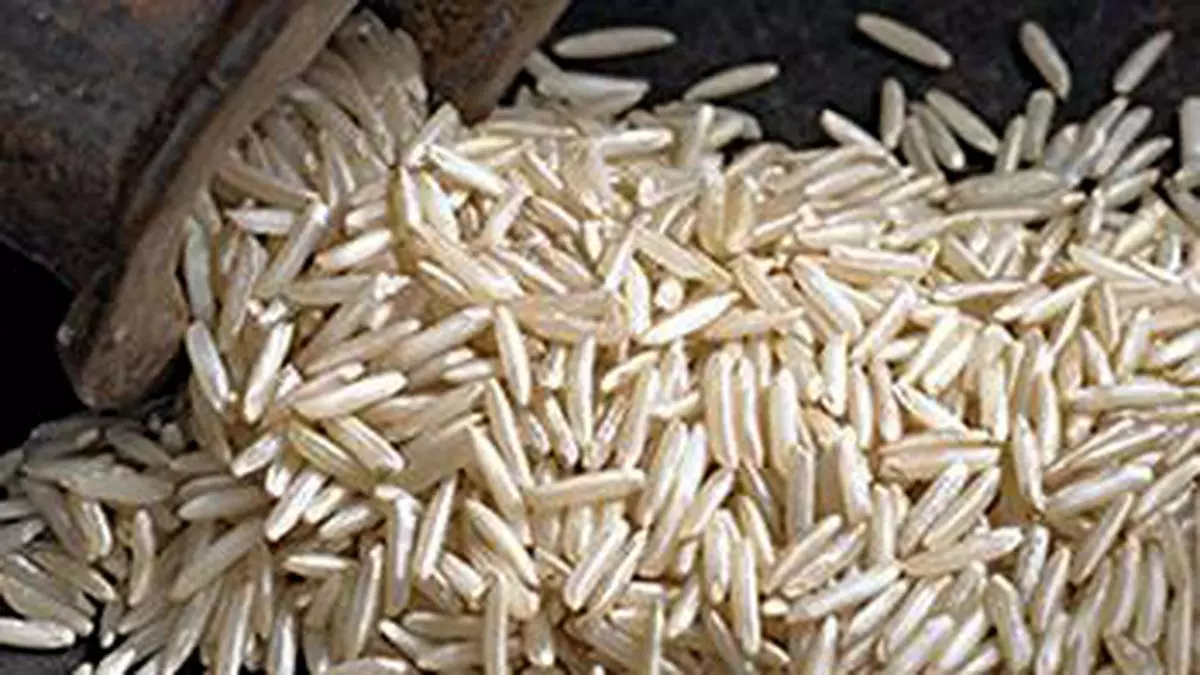Kenya begins cultivating basmati, threatens Indian subcontinent’s exclusivity
Kenya has begun to grow basmati rice, threatening the exclusivity that the Indian subcontinent, including Pakistan and Nepal, has so far enjoyed. Evolution follows Egypt layout To grow fragrant rice.
According to Kenya Capital Business website The African Country Bureau of Standards (KEBS) is working with research scientists and industry to address the growing cases of fake basmati rice.
The site quoted KEBS director Bernard Njeraini as saying the agency was “working with farmers, suppliers, researchers and government agencies to protect the local basmati rice industry.”
This approach will enable consumers to verify the authenticity and quality of the basmati rice they buy, boosting trust and increasing demand for genuine, unadulterated products. “…we can protect the genetic diversity of the genotypes of basmati rice commonly grown in Kenya, paving the way for the development of high-yielding, high-quality and aromatic varieties…,” said Sheila Kemboi, a laboratory analyst.
Gastrointestinal problems sign
As in the case of Egypt, Indian basmati could run into problems if Kenya tried to export it to neighboring Europe. Although India has applied for a Geographical Indication (GI) label in Europe, it is not yet in possession of this medium.
The European Union proposes to India to discuss the issue with Pakistan and come to a joint request, which the Indian government is strongly against.
Chandrasekharan, who wrote a historical book on long-grain rice “Basmati Rice: Geographical Indication of Natural History,” said business line Basmati rice is expensive and provides higher income. “It (basmati cultivation) is an attempt to create opportunities for Kenyan farmers by their government. India should legally deal with this issue,” he said.
APEDA to the rescue
Many countries have violated India’s rights to basmati, but the Agricultural and Processed Food Products Export Development Authority (APEDA) has successfully defended the country’s exclusivity in growing long grain rice.
The problem with basmati rice that is grown in countries like Kenya and Egypt is that they are not known to have been cultivating it for at least 300 years. “In the case of India, basmati rice has been cultivated for more than 500 years now. Even Pakistan cannot claim to have cultivated basmati rice for a long time,” Chandrasekaran said.
Western countries like European Union, Australia, United States and United Kingdom have not given GI mark to Basmati even though India has the required ‘reputation’.
Porto wine case
According to Chandrasekaran, India came up with the definition of basmati rice in 2003 and reported the nucleic acid standard.. The Food Safety Standards Authority of India has come up with the local standard for basmati. Do Spain and Portugal agree if Porto wine is made in South American countries like Argentina or Brazil? The same applies to basmati.
India has registered its GI mark for Basmati and APEDA has initiated over 1,000 lawsuits including objections and annulments in more than 40 countries across five continents to protect the name ‘Basmati’. APEDA, the main agency for obtaining the GI label for Indian products, has successfully prevented several cases of misappropriation including names like “Basnati”, “Kasmati”, “Texmati”, “Tasmati”, “Jasmati”, “Basma”, etc., according to Former APEDA President M Angamuthu.
A country with a GI mark on a product has the right to prevent a third party from using it if the product does not comply with relevant standards.
